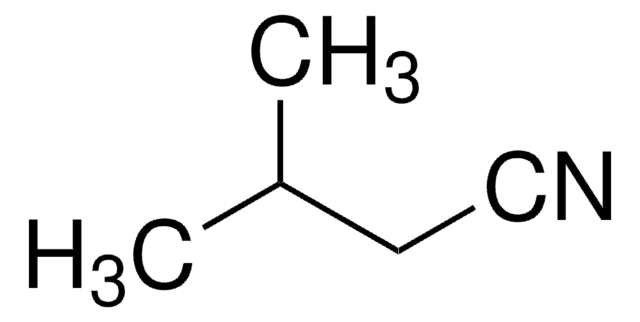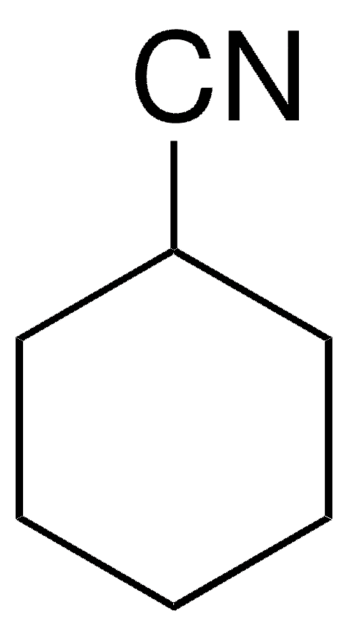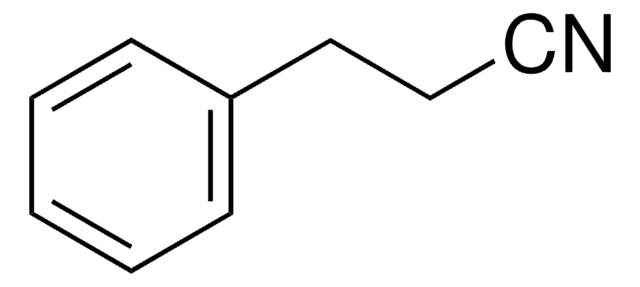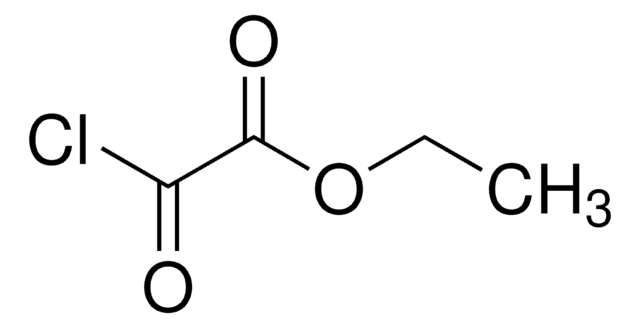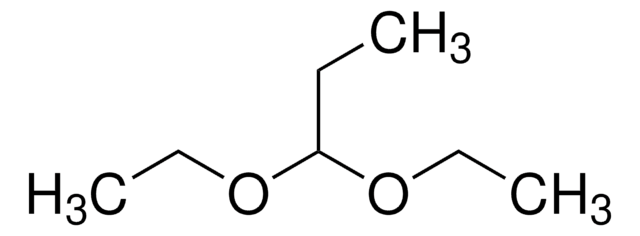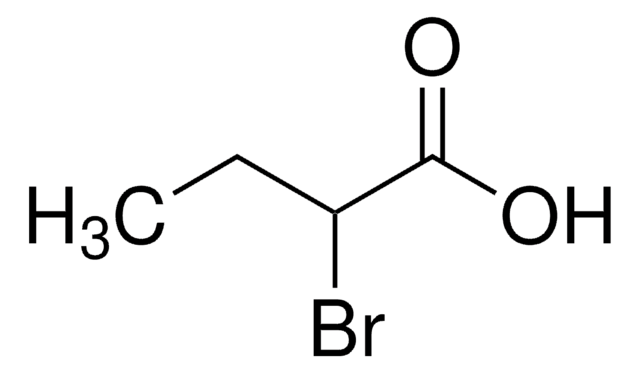368202
Fumaraldehyde bis(dimethyl acetal)
95%
Synonym(s):
trans-1,1,4,4-Tetramethoxy-2-butene
Sign Into View Organizational & Contract Pricing
All Photos(2)
About This Item
Linear Formula:
(CH3O)2CHCH=CHCH(OCH3)2
CAS Number:
Molecular Weight:
176.21
Beilstein:
1723349
MDL number:
UNSPSC Code:
12352100
PubChem Substance ID:
NACRES:
NA.22
Recommended Products
Assay
95%
form
liquid
refractive index
n20/D 1.428 (lit.)
bp
100-103 °C/15 mmHg (lit.)
density
1.01 g/mL at 25 °C (lit.)
functional group
acetal
ether
SMILES string
COC(OC)\C=C\C(OC)OC
InChI
1S/C8H16O4/c1-9-7(10-2)5-6-8(11-3)12-4/h5-8H,1-4H3/b6-5+
InChI key
ZFGVCDSFRAMNMT-AATRIKPKSA-N
Looking for similar products? Visit Product Comparison Guide
Application
Fumaraldehyde bis(dimethyl acetal) may be used in the syntheses of C20-carotene and crocetin or descrocetin esters. It may be used in the preparation of fumaraldehyde dimethylacetal, (FDMA), by partial acid hydrolysis.
Signal Word
Warning
Hazard Statements
Precautionary Statements
Hazard Classifications
Skin Irrit. 2
Storage Class Code
10 - Combustible liquids
WGK
WGK 3
Flash Point(F)
176.0 °F - closed cup
Flash Point(C)
80 °C - closed cup
Personal Protective Equipment
dust mask type N95 (US), Eyeshields, Gloves
Choose from one of the most recent versions:
Already Own This Product?
Find documentation for the products that you have recently purchased in the Document Library.
Customers Also Viewed
Efficient syntheses of C20-carotene and crocetin (descrocetin) esters promoted by an acidic ionic liquid.
Kryshtal GV, et al.
Tetrahedron Letters, 53(37), 4971-4973 (2012)
Tonibelle N Gatbonton-Schwager et al.
Redox biology, 2, 755-763 (2014-07-11)
4-Hydroxy-2-(E)-nonenal (4-HNE) is one of the major lipid peroxidation product formed during oxidative stress. At high concentrations, 4-HNE is cytotoxic and exerts deleterious effects that are often associated with the pathology of oxidative stress-driven disease. Alternatively, at low concentrations it
Our team of scientists has experience in all areas of research including Life Science, Material Science, Chemical Synthesis, Chromatography, Analytical and many others.
Contact Technical Service